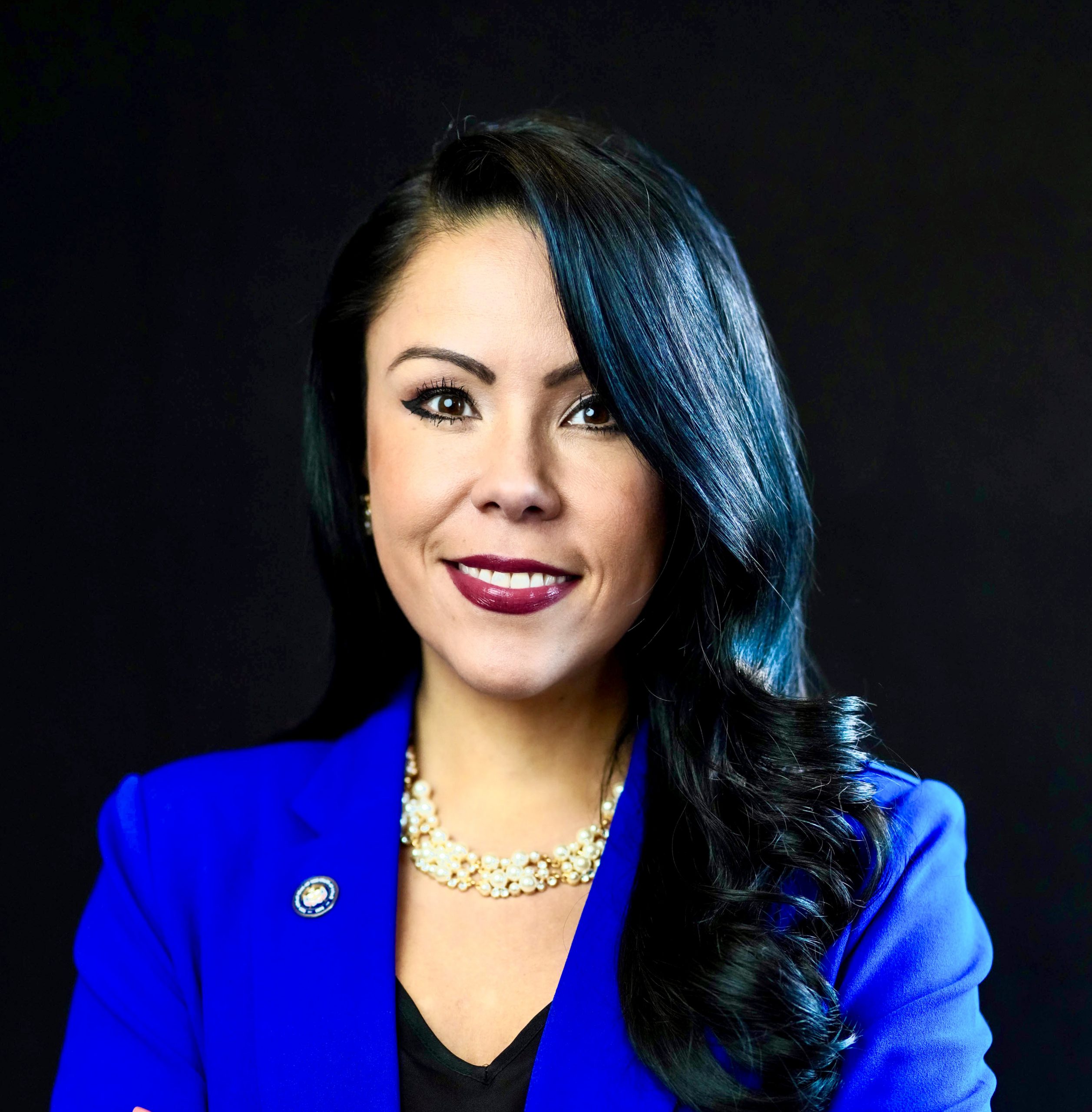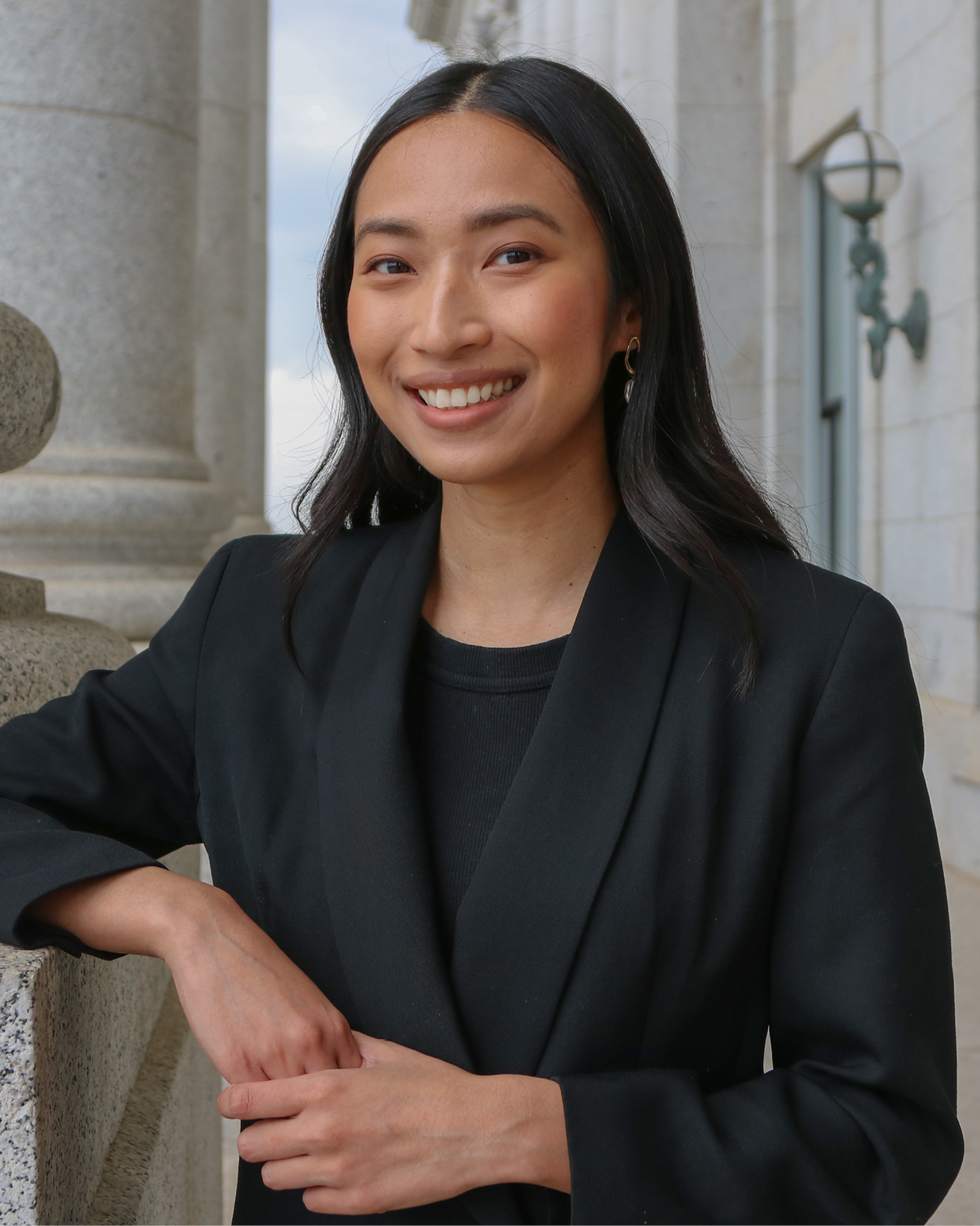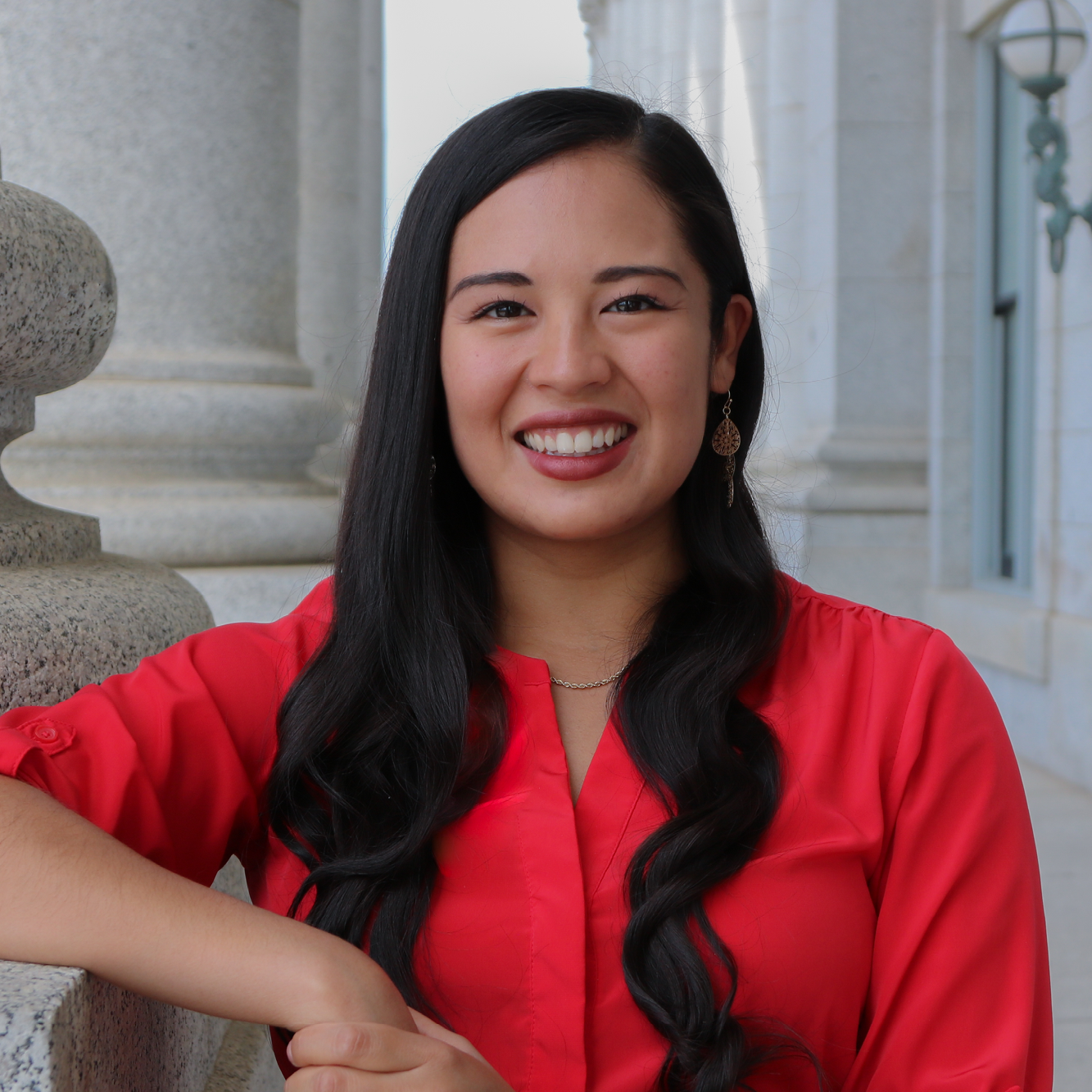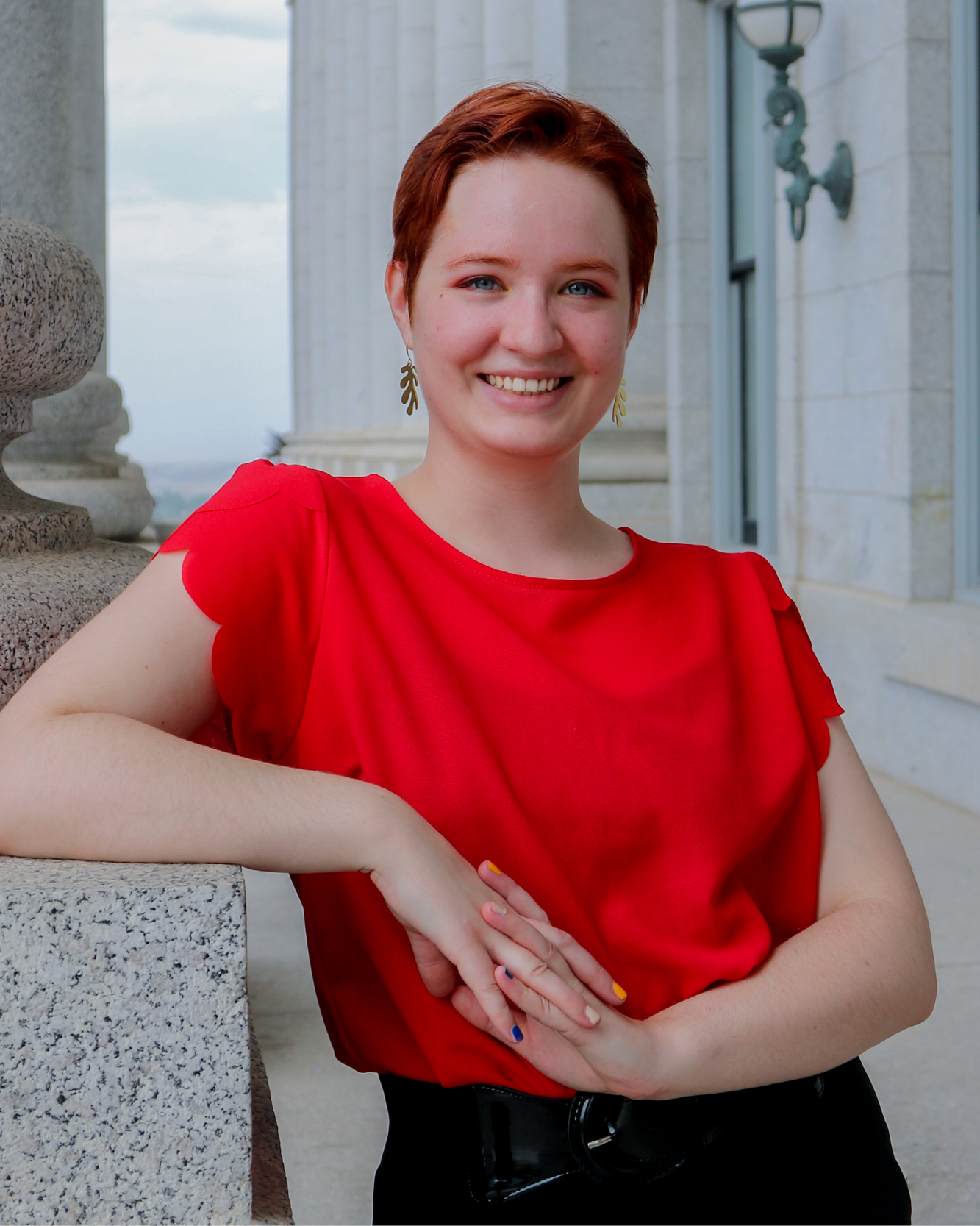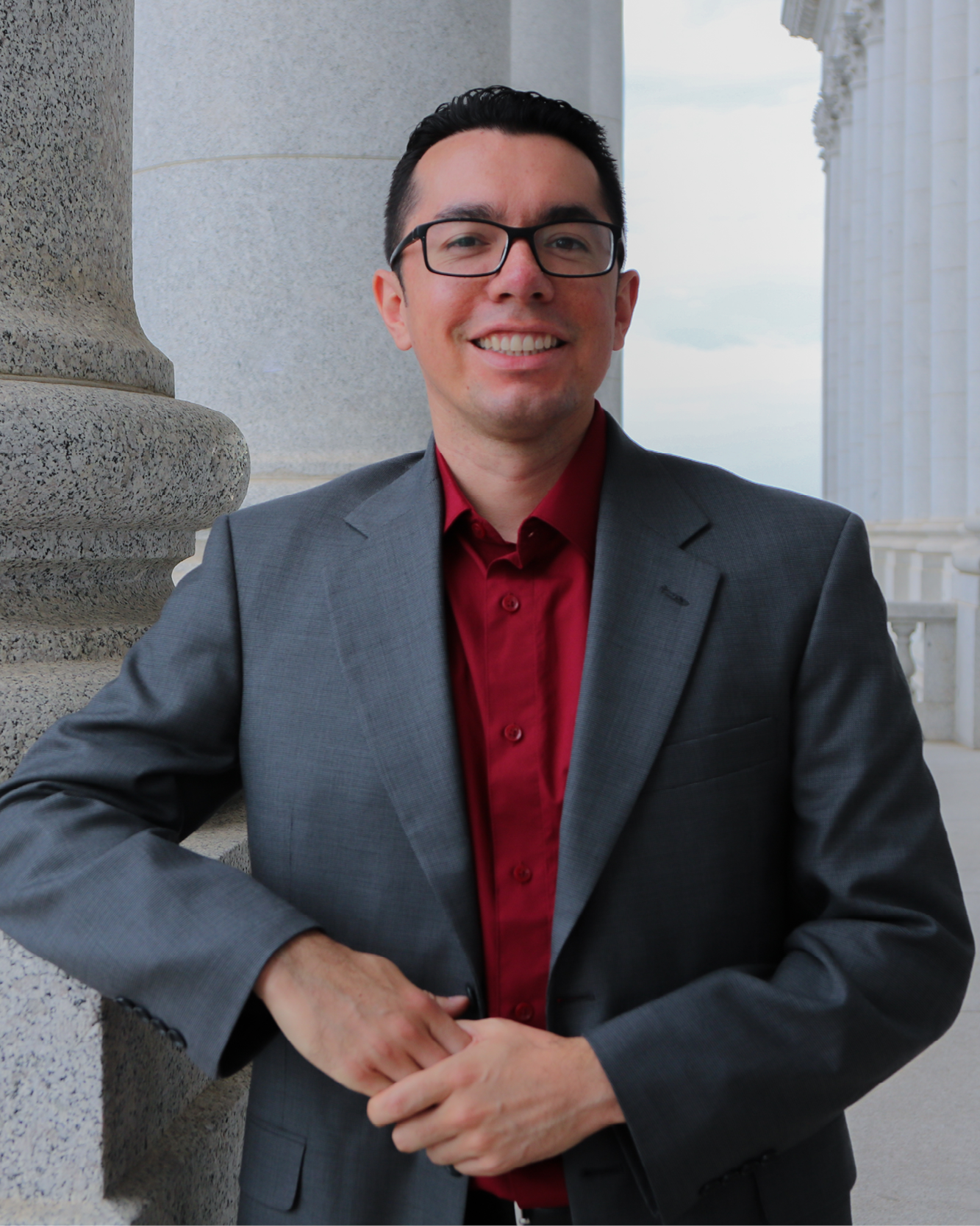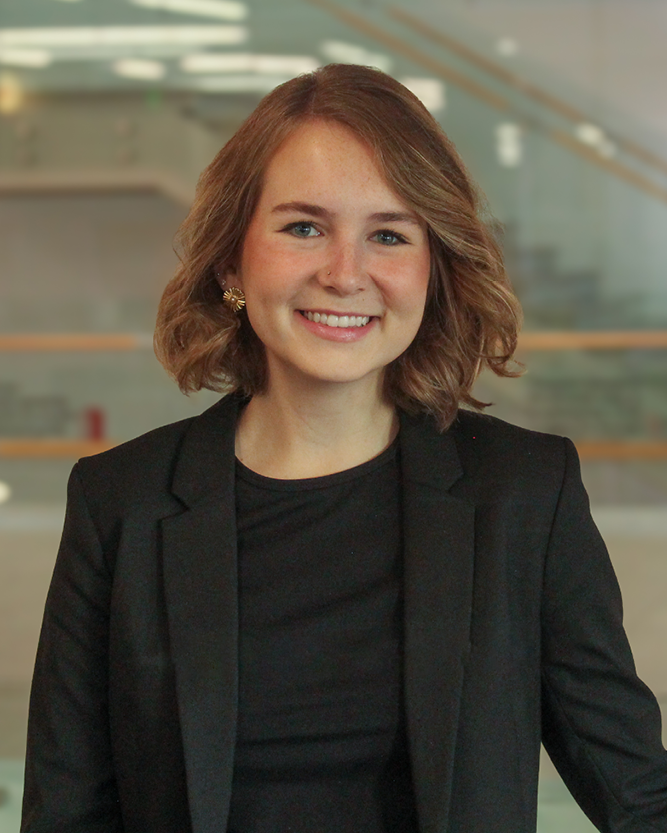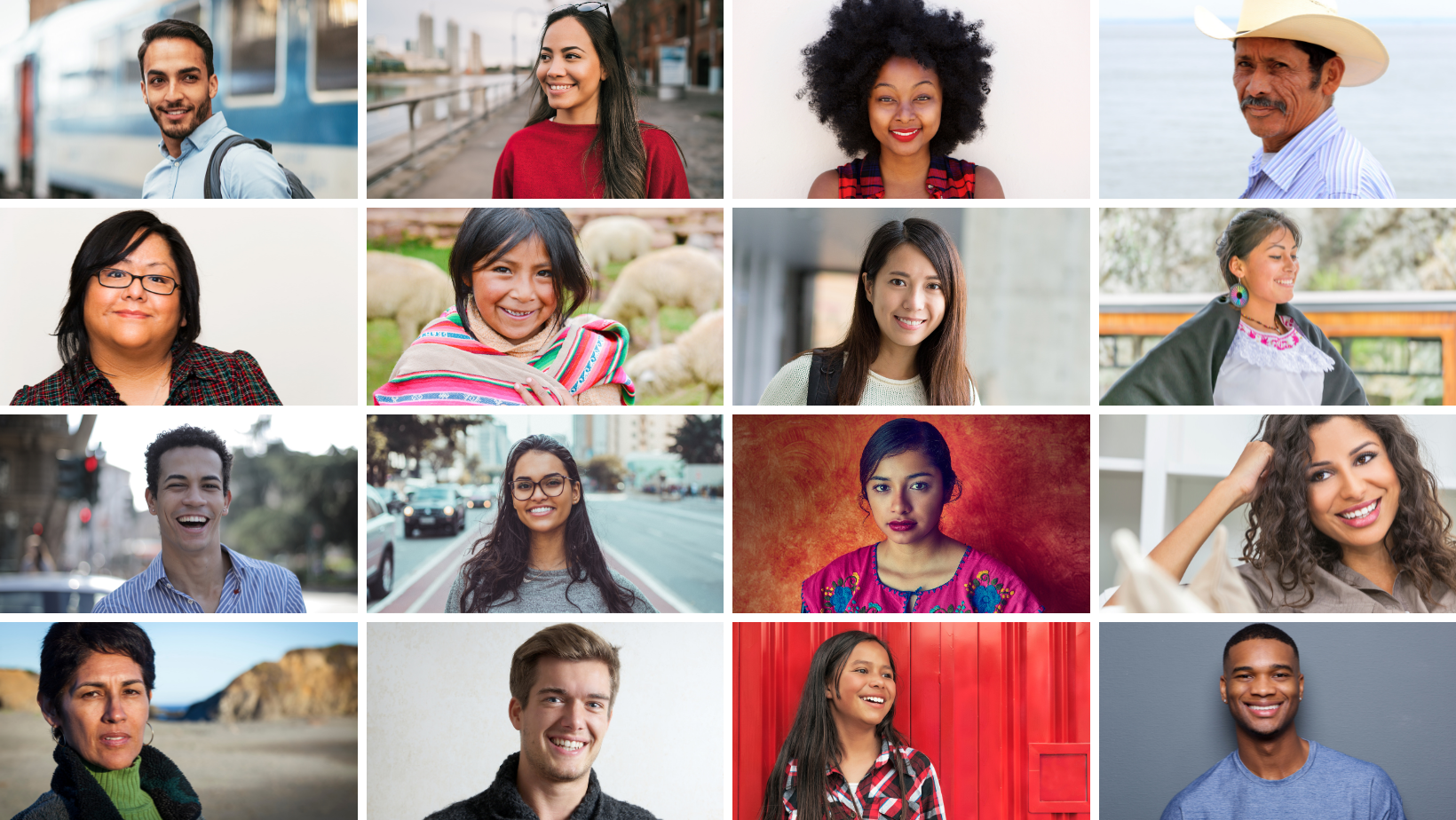

OUR History
Serving Utah Since 2012
The Multicultural Affairs Office was created by executive order in January 2012. During the 2019 legislative session, a housekeeping bill codified the Office thereby renaming and structuring it as the Utah Division of Multicultural Affairs under the Utah Department of Cultural and Community Engagement, and solidifying its integral role in state law. The Division recognizes the importance of developing relationships with the many different communities throughout Utah in order to achieve its important mission.
Who we Are
Director's Message
“It has been a privilege to serve as the Director for the Utah Division of Multicultural Affairs (MCA) since 2019. I joined a remarkable team of talented, capable, and passionate professionals who are eager to expand our initiatives that seek to create greater opportunity across the state of Utah. As we unroll our strategic plan for the coming years we look forward to expanding our efforts. We are grateful that Utah is filled with changemakers that are invested in building a thriving state through elevating conversation, action, and outcomes around bridging gaps and creating a thriving Utah for all.”
Who we Are
Director's Message
“It has been a privilege to serve as the Director for the Utah Division of Multicultural Affairs (MCA) since 2019. I joined a remarkable team of talented, capable, and passionate professionals who are eager to expand our initiatives that seek to create greater opportunity across the state of Utah. As we unroll our strategic plan for the coming years we look forward to expanding our efforts. We are grateful that Utah is filled with changemakers that are invested in building a thriving state through elevating conversation, action, and outcomes around bridging gaps and creating a thriving Utah for all.”
Our Team
Our Team
Student Fellows

Sienna Popiel
Student Fellow
Dustin Khong
Student Fellow
Eva Quintus-Boz
Student Fellow
Luke Sánchez
Student FellowStudent Fellows

Sienna Popiel
Student Fellow
Dustin Khong
Student Fellow
Eva Quintus-Boz
Student Fellow
Luke Sánchez
Student FellowOur staff continues to serve you while working remotely during the COVID-19 pandemic.
DIVERSE POPULATION GROWTH SINCE 2010
Nearly 40% of statewide population growth over the last decade is from racially and ethnically diverse communities. We work with state-wide partners to create thriving environments in the face of a changing demographic landscape.
PERCENTAGE OF DIVERSE POPULATION IN UTAH
We pride ourselves in serving Utah's racially and ethnically diverse communities, which make up 22% of the state's total population. In this work, we build proximity with communities and foster open spaces for dialogue to address intersectional experiences that include gender, sexual orientation, socioeconomic status, language, and disability.
OUR PARTNERS IN THIS WORK
With over 50 partners spanning from government, non-profits, philanthropists, and other private and public sectors, we commit to advancing opportunity in collaborative ways.
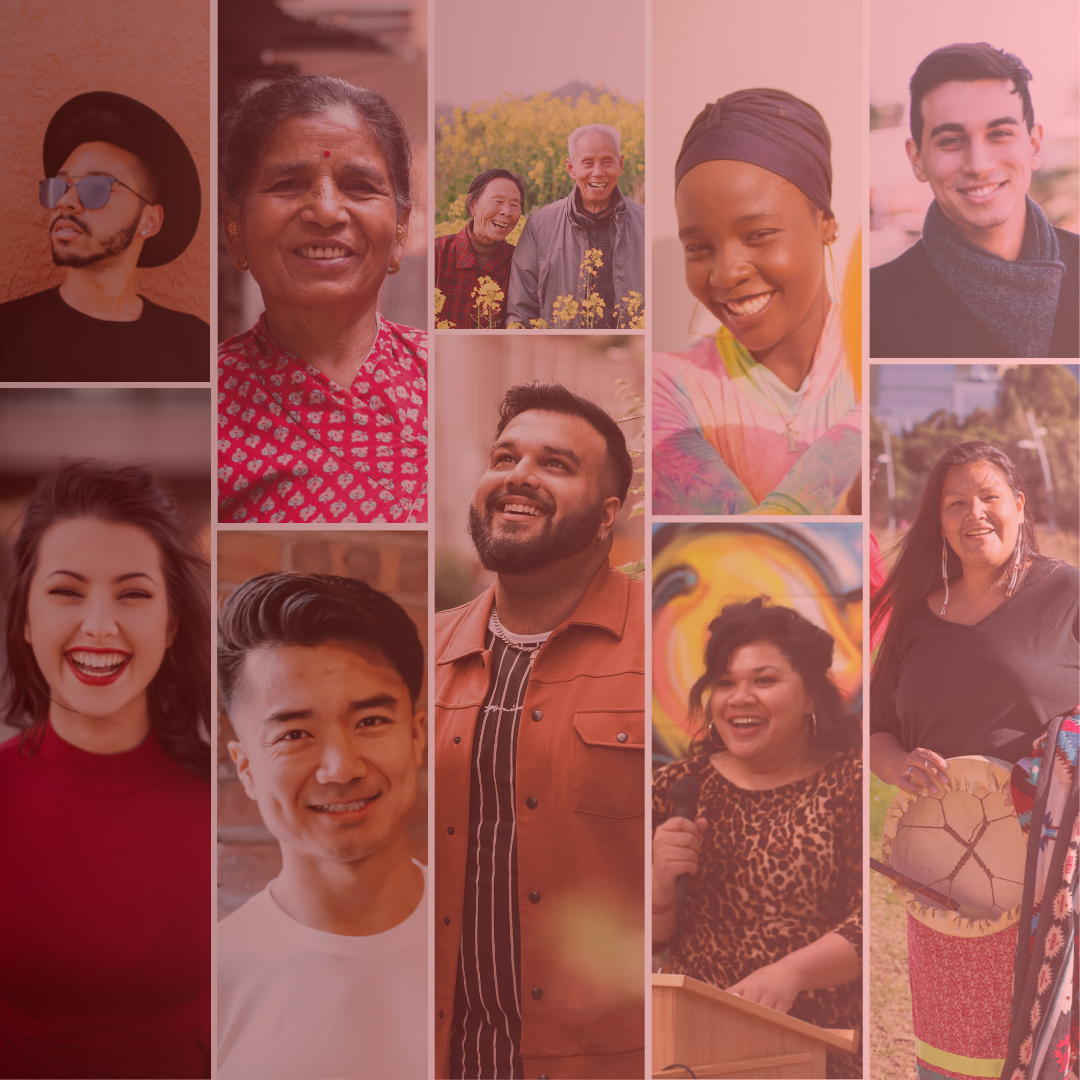
The State of Equity in Utah

Equity Learning Resources
We believe that education builds awareness and can create the understanding necessary to identify solutions and unify efforts in a collaborative way.

How We Engage Communities
We prioritize engagement opportunities by interacting with community groups, government-oriented organizations, and ongoing initiatives to build trusting relationships, feedback loops, and co-create solutions to community needs.


